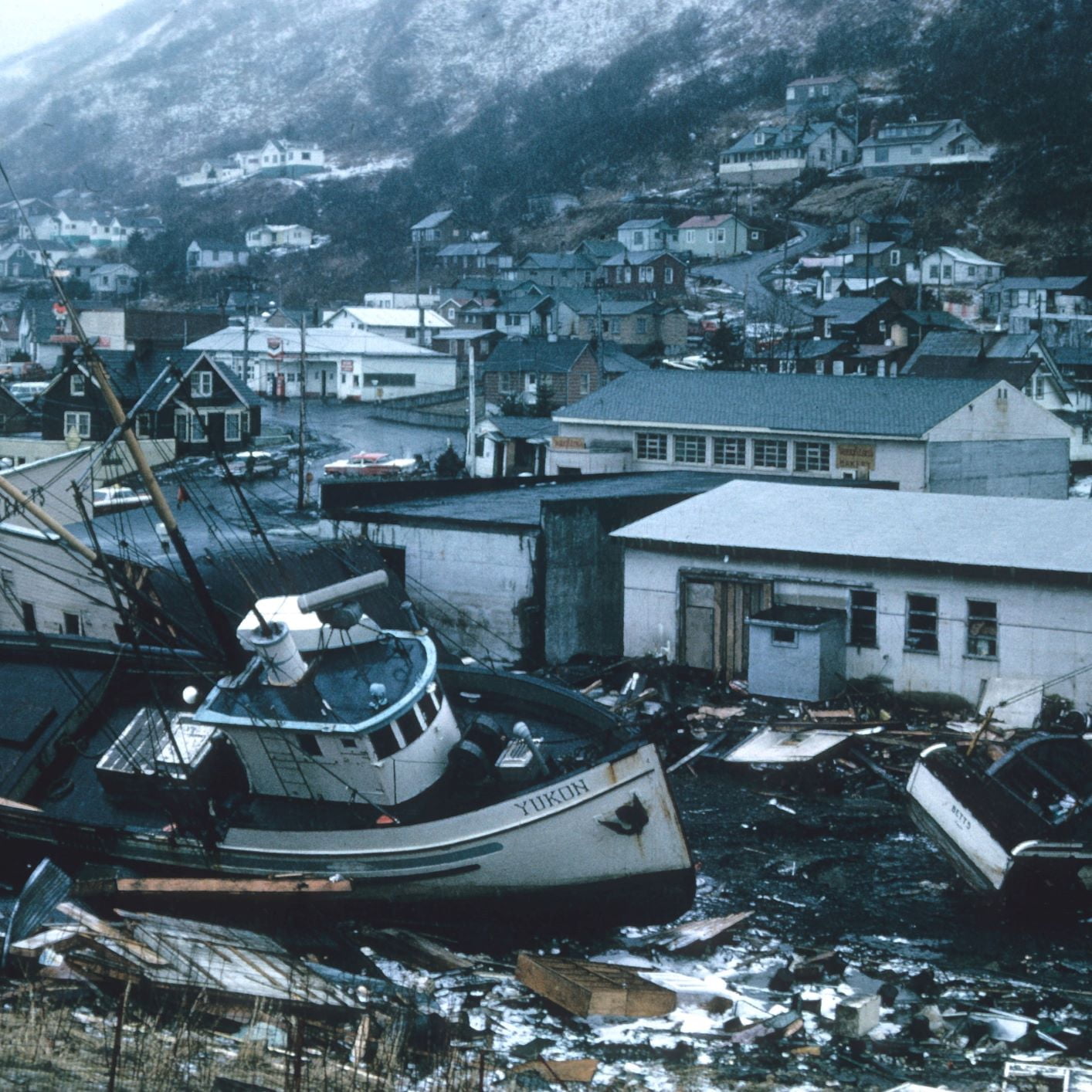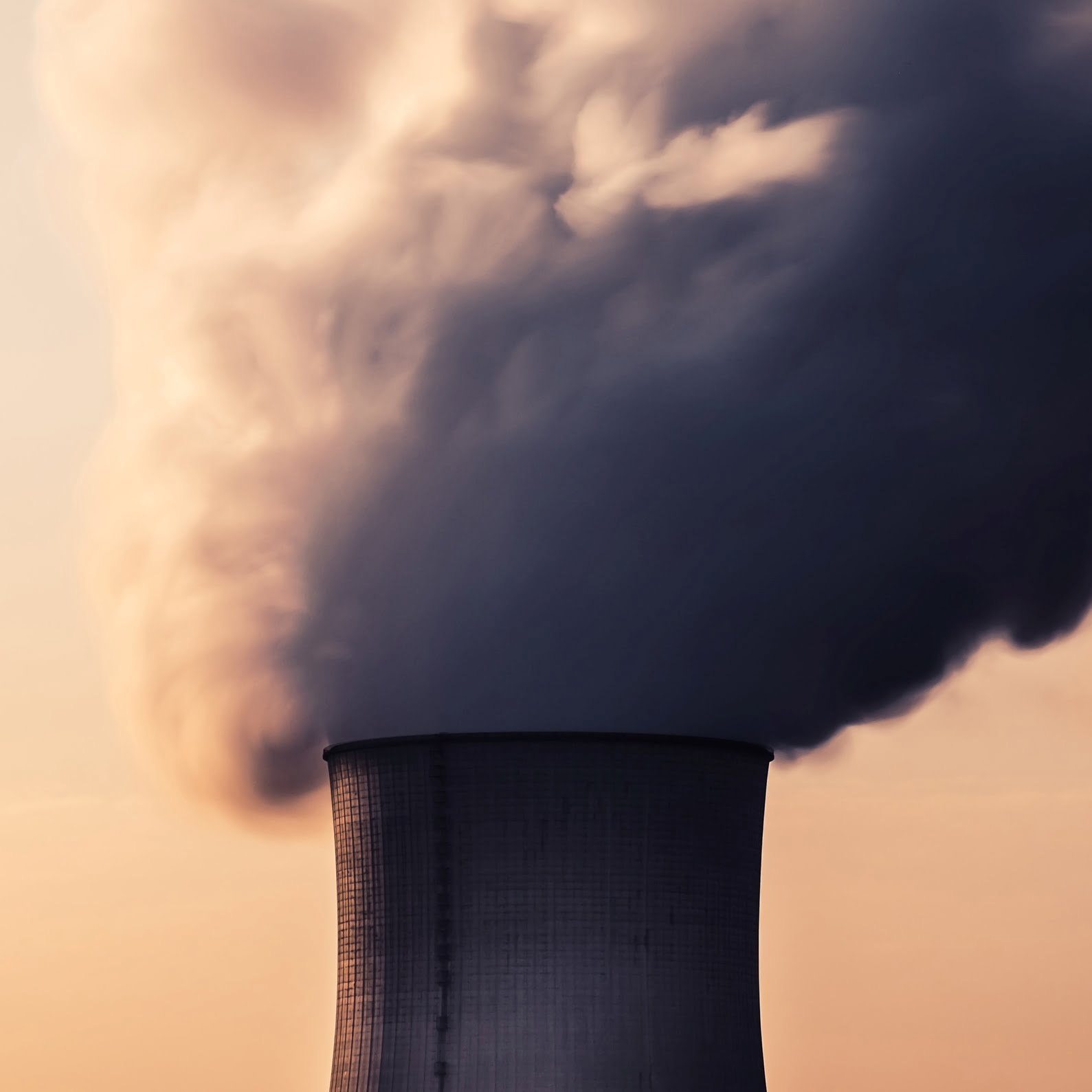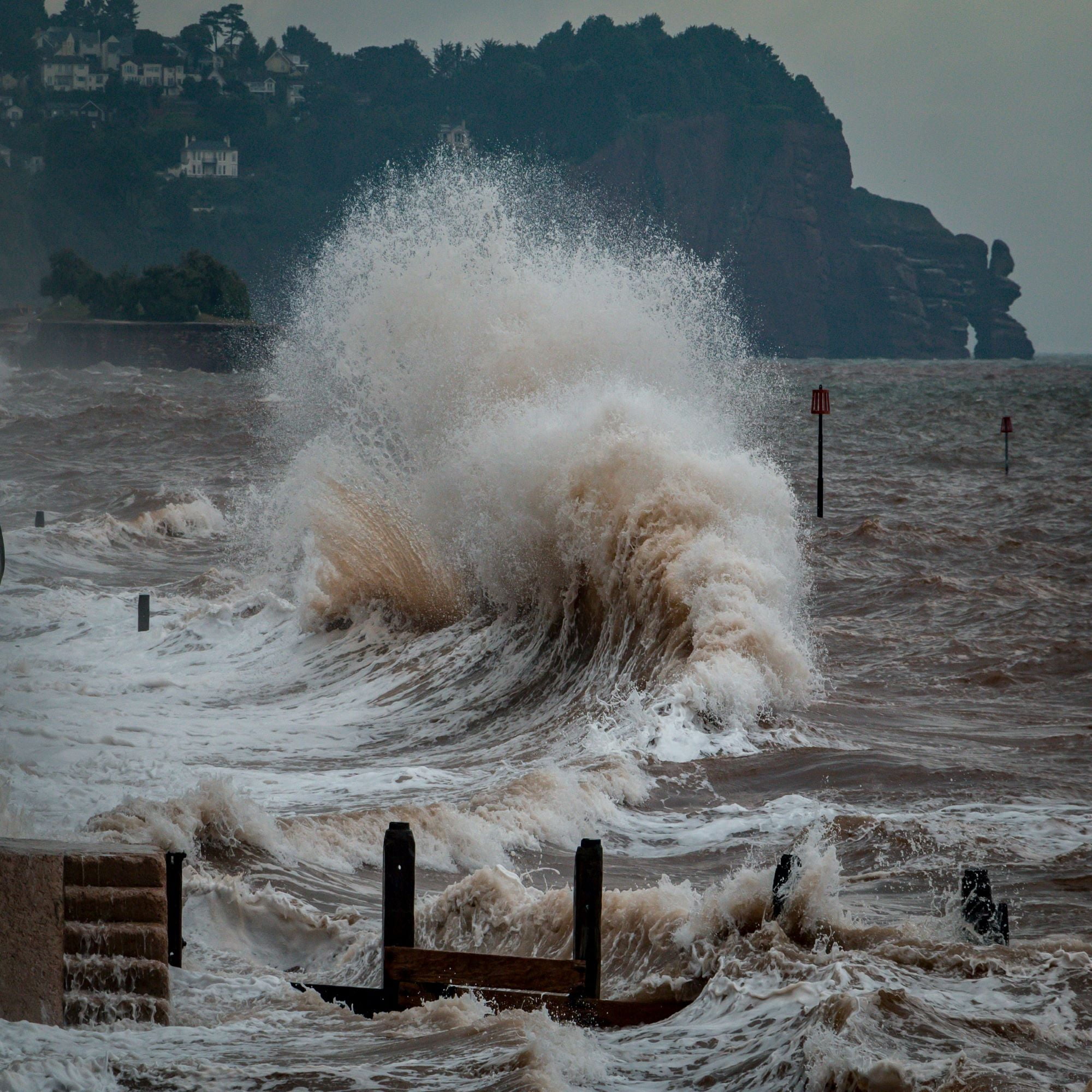Key Terms and Agreements

What’s in an NDC? A 2030 Outlook (Updated)
What is an NDC? Find out more about the status of the Nationally Determined Contributions that…

The Paris Agreement: A Focus on Article 6
Article 6 of the Paris Agreement covers the voluntary cooperation that could happen between the countries,…

The Paris Agreement: A Focus on Capacity Building
Capacity-building is the process by which an individual or organisation can obtain, improve or maintain specific…

The Paris Agreement: A Focus on Mitigation
This article outlines the basics about climate change mitigation and current actions of international implementation.

The Paris Agreement: A Focus on Adaptation
While climate change mitigation is important, so is also adaptation to it. This article describes what…

What Did The Montreal Protocol Do?
Following on from the first part of this series, this article explores what the Montreal Protocol…

What’s in an NDC? A 2030 Outlook
Hannah explains the 2030 emission reduction targets that countries are setting for COP26. This article outlines…

The Semantics of the Paris Agreement
Amy discusses the subtle differences the Paris Agreement makes between countries, and the importance of certain…

Paris Agreement
Through its 29 articles, the Paris Agreement commits governments across the world to address the climate…

What is the UNFCCC Secretariat? (Updated)
This article briefly the UNFCCC Secretariat, which works to support countries in meeting global climate change…







